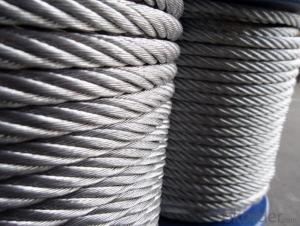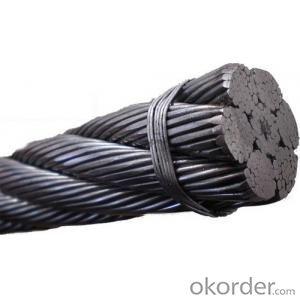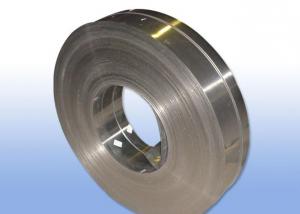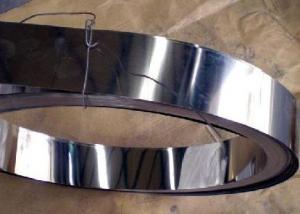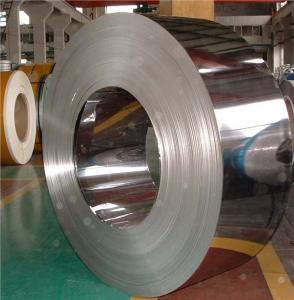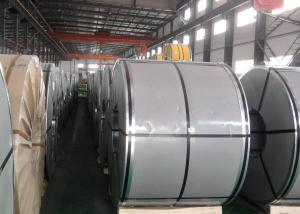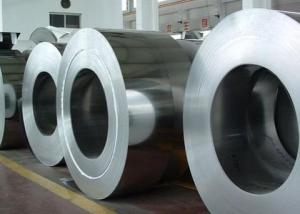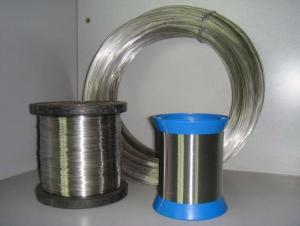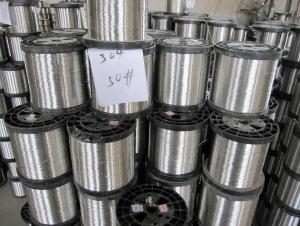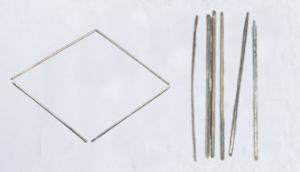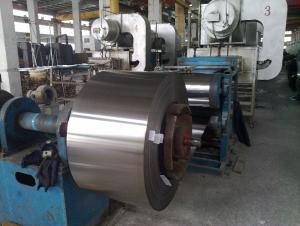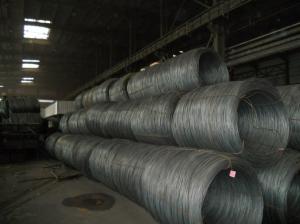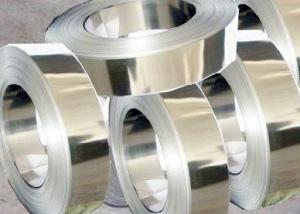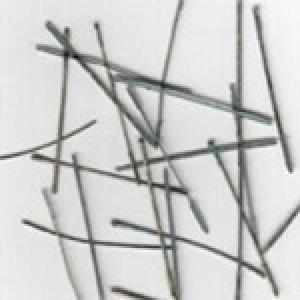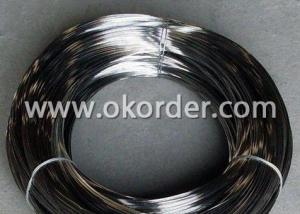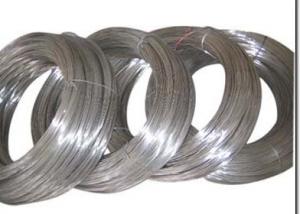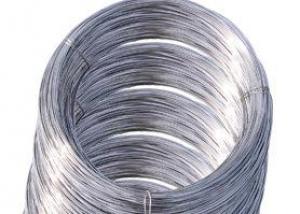Carbon Spring Steel Wire with High Tensile
- Loading Port:
- Dalian
- Payment Terms:
- TT OR LC
- Min Order Qty:
- 5 m.t.
- Supply Capability:
- 10000 m.t./month
OKorder Service Pledge
OKorder Financial Service
You Might Also Like
Item specifice
Carbon Spring Steel Wire with High Tensile
Steel Grade: | 45#,60#,65#,70#,SWRH72A, SWRH72B,80#,SWRH82B | Standard: | DIN, GB, JIS | Wire Gauge: | 0.2-13mm |
Place of Origin: | China (Mainland) | Type: | Ungalvanized | ||
Alloy Or Not: | Non-alloy | Application: | Making spring,mattress,wire rope |
Packaging Details: | Coil Packing,Z2 Packing,Z3 Packing,Spool Packing. |
Delivery Detail: | Within 10 days |
1.Diameter range:0.2-13mm
2.Main application:making spring,mattress,wire rope.
3.Standard:GB4357,DIN17223,JIS G 3521
High Carbon Spring Steel Wire Performance:
1.Diameter range:0.2-13mm
2.Main application:making spring,mattress,wire rope.
3.Standard:GB4357,DIN17223,JIS G 3521
Standard:DIN17223:
High Carbon Spring Steel Wire | |||
wire diameter(mm) | Tensile Strength(N/mm² ) | ||
Grade A | Grade B | Grade C | |
0.30 | 2370-2650 | ||
0.40 | 2270-2550 | ||
0.50 | 2200-2470 | ||
0.60 | 2140-2400 | ||
0.70 | 2090-2350 | ||
0.80 | 2050-2300 | ||
1.00 | 1720-1970 | 1980-2220 | |
1.20 | 1670-1910 | 1920-2160 | |
1.40 | 1620-1860 | 1870-2100 | |
1.60 | 1590-1820 | 1830-2050 | |
1.80 | 1500-1780 | 1790-2010 | |
2.00 | 1520-1750 | 1760-1970 | 1980-2200 |
3.00 | 1410-1620 | 1630-1830 | 1840-2040 |
4.00 | 1320-1520 | 1530-1730 | 1740-1930 |
5.00 | 1260-1450 | 1460-1650 | 1660-1840 |
6.00 | 1210-1390 | 1400-1580 | 1590-1770 |
7.00 | 1160-1340 | 1350-1530 | 1540-1710 |
8.00 | 1120-1300 | 1310-1480 | 1490-1660 |
9.00 | 1090-1260 | 1270-1440 | 1450-1610 |
10.00 | 1060-1230 | 1240-1400 | 1410-1570 |
11.00 | 1210-1370 | 1380-1530 | |
12.00 | 1180-1340 | 1350-1500 | |
13.00 | 1160-1310 | 1320-1470 | |
Picture
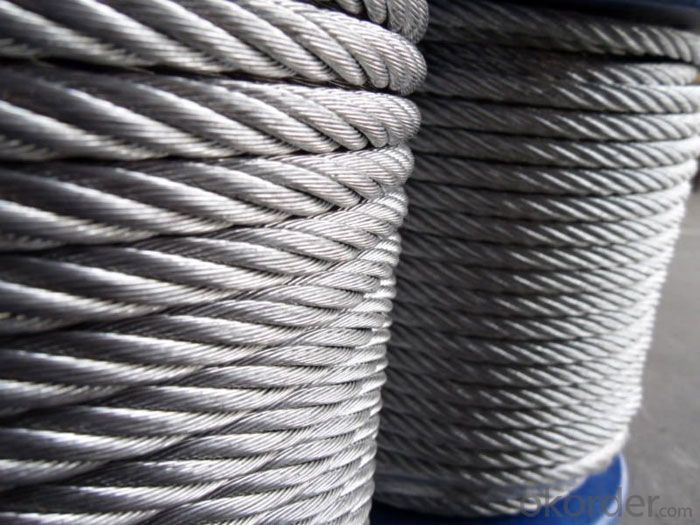
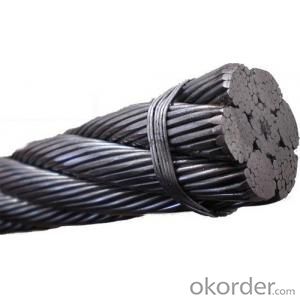
- Q:Can stainless steel wire hangers be used for hanging heavy coats?
- Yes, stainless steel wire hangers can be used for hanging heavy coats. Stainless steel is a durable and strong material that can support the weight of heavy coats without bending or breaking.
- Q:Can stainless steel wire be used for heat resistance?
- Yes, stainless steel wire can be used for heat resistance. Stainless steel is known for its exceptional heat-resistant properties, making it suitable for various applications in high-temperature environments. It has a high melting point, typically above 1370 degrees Celsius (2500 degrees Fahrenheit), which allows it to withstand extreme heat without deforming or losing its structural integrity. Additionally, stainless steel wire is often used in heating elements, furnace parts, and other applications that require resistance to heat and corrosion. Its ability to retain strength and functionality at elevated temperatures makes it a reliable choice for heat-resistant applications.
- Q:What are the different types of stainless steel wire clips?
- There exists a variety of stainless steel wire clips, each tailored to different applications and needs. 1. Spring Clips: Crafted from stainless steel wire, these clips possess a spring-like mechanism that allows for effortless attachment and detachment. They provide a robust grip and are commonly employed in the fastening of wires, cables, and hoses across multiple industries. 2. Bulldog Clips: These stainless steel wire clips, also known as alligator clips or crocodile clips, boast serrated jaws that offer a firm hold. They are frequently used to secure papers, documents, or other lightweight objects together. 3. Hose Clips: Specifically designed for securing hoses onto fittings or connectors, these clips typically feature a worm drive mechanism that enables easy adjustment and tightening. Stainless steel hose clips are resistant to corrosion and ensure a secure and leak-proof connection. 4. Cable Clips: These clips are utilized for organizing and securing electrical cables, wires, or cords. They usually come with adhesive backing for effortless installation on diverse surfaces. Stainless steel cable clips guarantee durability, corrosion resistance, and the ability to withstand harsh conditions. 5. Binder Clips: Widely employed for keeping thick stacks of papers together, binder clips consist of two stainless steel wire loops and a lever mechanism that provides a sturdy grip. They are available in various sizes to accommodate different paper thicknesses. 6. Safety Clips: Commonly seen in the marine industry, safety clips are used to secure safety lines or lifelines. They are designed for swift and secure connections and are often manufactured from marine-grade stainless steel to enhance corrosion resistance. 7. Snap Hooks: Perfect for applications requiring quick attachment and detachment, snap hooks feature a spring-loaded gate that can be easily opened and closed. Stainless steel snap hooks are frequently utilized in boating, camping, and other outdoor activities. When selecting the appropriate stainless steel wire clip, it is crucial to consider the specific application and requirements. Factors such as load capacity, corrosion resistance, and ease of use should be taken into account to ensure proper functionality and longevity of the clips.
- Q:What are the different types of stainless steel wire springs used in the energy industry?
- There are various types of stainless steel wire springs used in the energy industry, including compression springs, extension springs, torsion springs, and conical springs. These springs are designed to provide reliable and durable performance in energy-related applications such as power generation, oil and gas exploration, and renewable energy systems.
- Q:Can stainless steel wire be used for woven wire cloth?
- Indeed, woven wire cloth can utilize stainless steel wire. Due to its impressive endurance, ability to resist corrosion, and remarkable tensile strength, stainless steel wire is frequently employed in the manufacturing of woven wire cloth. This material proves highly suitable for applications necessitating a robust and enduring wire cloth, including filtration, sieving, and separation procedures. The adaptability of stainless steel wire allows it to be woven into an assortment of mesh sizes and patterns tailored to precise specifications, rendering it an exceptionally versatile option for a wide range of industrial and commercial uses.
- Q:Can stainless steel wire be used for hanging signs or banners?
- Yes, stainless steel wire can be used for hanging signs or banners. Stainless steel is known for its strength, durability, and resistance to corrosion, making it a suitable choice for outdoor applications. It can provide reliable support and withstand various weather conditions, ensuring the longevity of the signs or banners.
- Q:Can stainless steel wire be used for wire baskets or trays?
- Stainless steel wire is suitable for wire baskets or trays due to its strength, durability, and resistance to corrosion. It is an excellent material for various applications, including wire baskets and trays, thanks to these qualities. The baskets or trays can safely hold and support heavy items without bending or breaking because of the high tensile strength of stainless steel wire. Moreover, the wire baskets or trays can be used in environments where moisture or chemicals may be present without worrying about rusting, as stainless steel is corrosion resistant. The smooth surface of stainless steel wire makes it easy to clean and maintain, ensuring hygiene and preventing the accumulation of dirt or bacteria. In conclusion, stainless steel wire is a reliable and practical option for wire baskets or trays.
- Q:Is stainless steel wire suitable for architectural applications?
- Yes, stainless steel wire is highly suitable for architectural applications. It is known for its exceptional strength, durability, and corrosion resistance, making it ideal for use in architectural structures, such as handrails, balustrades, facades, and decorative elements. Additionally, stainless steel wire offers a sleek and modern aesthetic, enhancing the overall appearance of architectural designs.
- Q:What are the different types of stainless steel wire ropes for rigging?
- There are several types of stainless steel wire ropes commonly used for rigging purposes, including 1x19, 7x7, and 7x19 constructions. 1x19 wire rope is made up of a single strand with 19 wires, offering high tensile strength and minimal flexibility, making it suitable for straight line applications. 7x7 wire rope consists of 7 strands, each with 7 wires, providing moderate flexibility and strength, making it suitable for general purpose rigging. Lastly, 7x19 wire rope is made up of 7 strands, each with 19 wires, offering excellent flexibility and strength, making it ideal for applications requiring a combination of both.
- Q:What is the maximum continuous operating temperature for stainless steel wire?
- The maximum continuous operating temperature for stainless steel wire depends on the specific grade of stainless steel being used. Generally, stainless steel wires can withstand higher temperatures compared to other materials. The maximum continuous operating temperature for most stainless steel wires ranges between 550-800 degrees Celsius (1022-1472 degrees Fahrenheit). However, it is important to note that the exact temperature limit may vary depending on factors such as the grade of stainless steel, the specific application, and any additional factors such as environmental conditions or stress levels. It is always recommended to consult the manufacturer's specifications or seek professional advice to determine the maximum continuous operating temperature for a specific stainless steel wire.
1. Manufacturer Overview |
|
|---|---|
| Location | |
| Year Established | |
| Annual Output Value | |
| Main Markets | |
| Company Certifications | |
2. Manufacturer Certificates |
|
|---|---|
| a) Certification Name | |
| Range | |
| Reference | |
| Validity Period | |
3. Manufacturer Capability |
|
|---|---|
| a)Trade Capacity | |
| Nearest Port | |
| Export Percentage | |
| No.of Employees in Trade Department | |
| Language Spoken: | |
| b)Factory Information | |
| Factory Size: | |
| No. of Production Lines | |
| Contract Manufacturing | |
| Product Price Range | |
Send your message to us
Carbon Spring Steel Wire with High Tensile
- Loading Port:
- Dalian
- Payment Terms:
- TT OR LC
- Min Order Qty:
- 5 m.t.
- Supply Capability:
- 10000 m.t./month
OKorder Service Pledge
OKorder Financial Service
Similar products
New products
Hot products
Hot Searches
Related keywords
